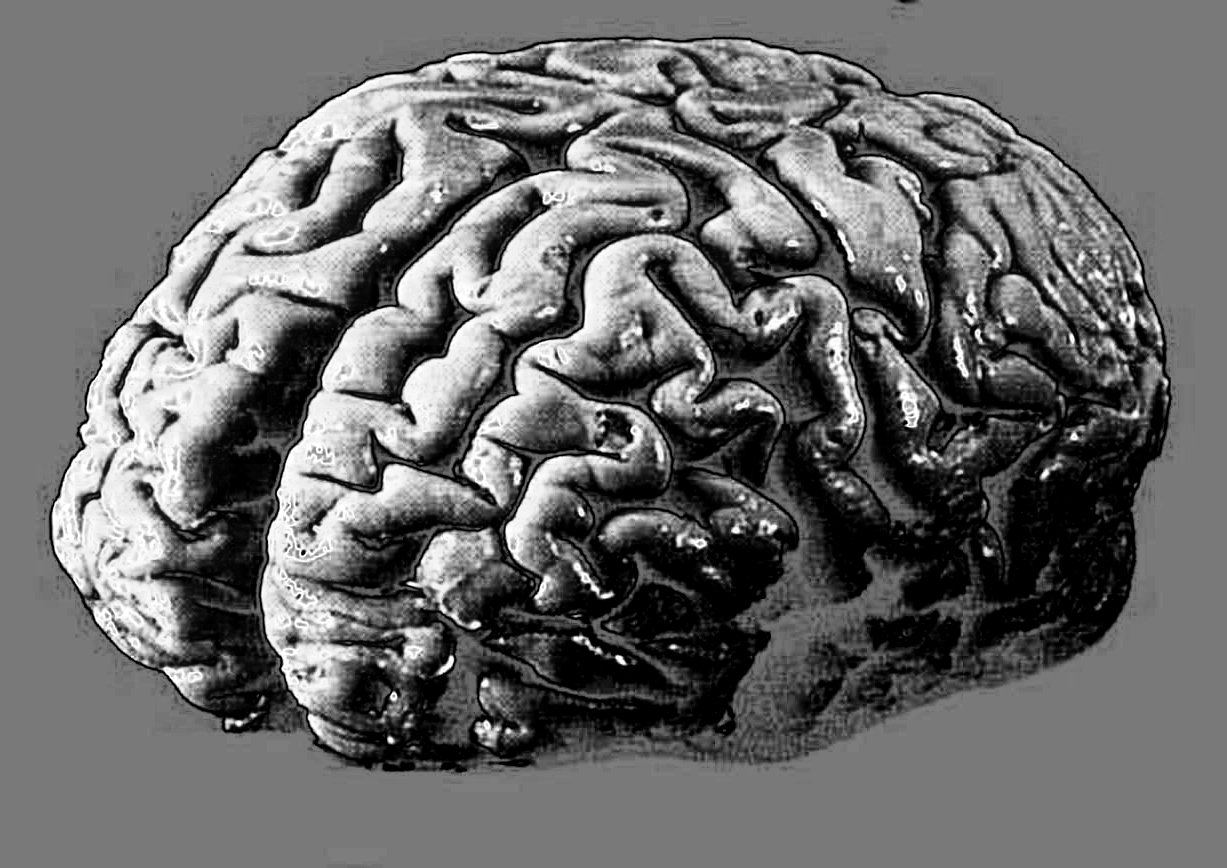Alzheimer's study shows atrophy
 Australian scientists have made a significant breakthrough in understanding Alzheimer's disease.
Australian scientists have made a significant breakthrough in understanding Alzheimer's disease.
CSIRO researchers have identified a crucial link between amyloid plaques, brain atrophy, and cognitive decline.
Alzheimer’s disease, the leading form of dementia, affects a substantial portion of Australia's population, with 250 Australians diagnosed daily.
The study by CSIRO’s Australian e-Health Research Centre, involved 475 individuals with varying degrees of cognitive impairment.
The researchers focused on amyloid plaques in the brain, the atrophying of the basal forebrain, and cognitive functions such as memory and attention.
“Our results show how the atrophying of the basal forebrain, a key brain region for learning and memory and part of the cholinergic system, could indicate the presence of the disease well before symptoms occur,” says Dr Ying Xia, lead author and researcher at CSIRO.
Dr Xia said the study’s findings highlight the connection between brain structure and function in Alzheimer's progression.
“Our research suggests an important link between brain structure, in this case shrinkage, and the way the brain functions during Alzheimer’s disease progression.”
This discovery holds promise for enhancing the effectiveness of drugs aimed at reducing cognitive decline.
The findings could benefit drugs currently under regulatory review, specifically those designed to clear amyloid plaques from the brain, by amplifying their cognitive effects.
However, Dr Xia cautioned that while these new drugs show potential, it remains uncertain whether targeting amyloid plaques directly addresses the root causes of cognitive decline. “Currently, drugs available to manage cognitive decline in Alzheimer’s are only effective in up to 30 per cent of cases. We think we can improve on that figure by increasing our understanding of the role played by the system targeted by the current drug treatment regimes,” she said.
The next phase of the research aims to determine the earliest point at which impairment of the cholinergic system occurs and the optimal timing for administering cholinergic drug treatments to stabilise cognitive decline.
Published in Neurology, the study was a collaborative effort involving CSIRO, the University of Queensland, Florey Institute, and the University of Melbourne.
It used data from the Australian Imaging, Biomarkers and Lifestyle (AIBL) study, which has been collecting comprehensive neuroimaging, biomarker, and neuropsychological data over more than a decade.
For more information and support on dementia, contact the National Dementia Helpline at 1800 100 500.







 Print
Print